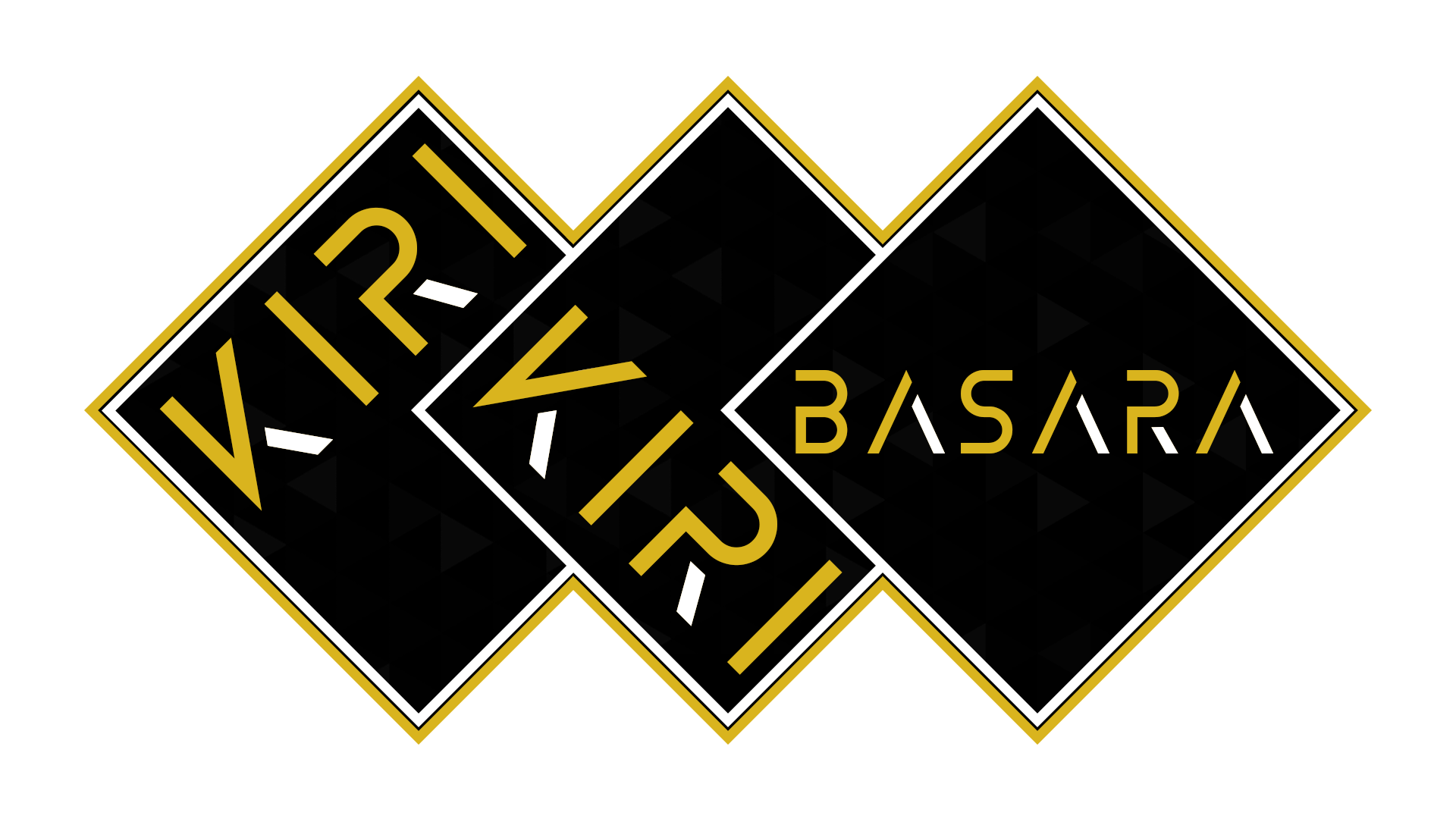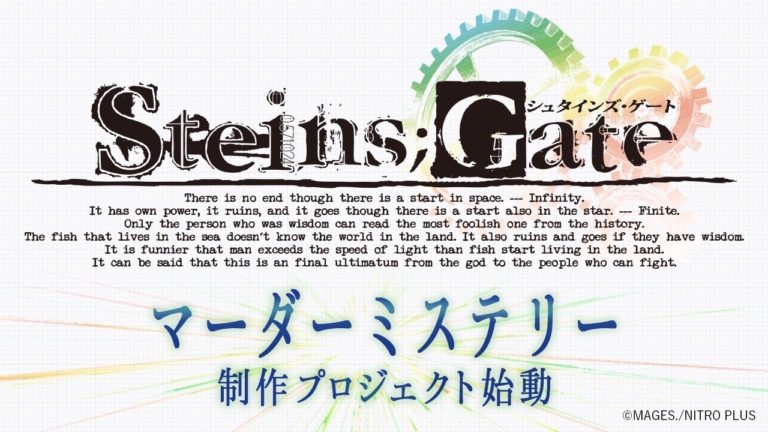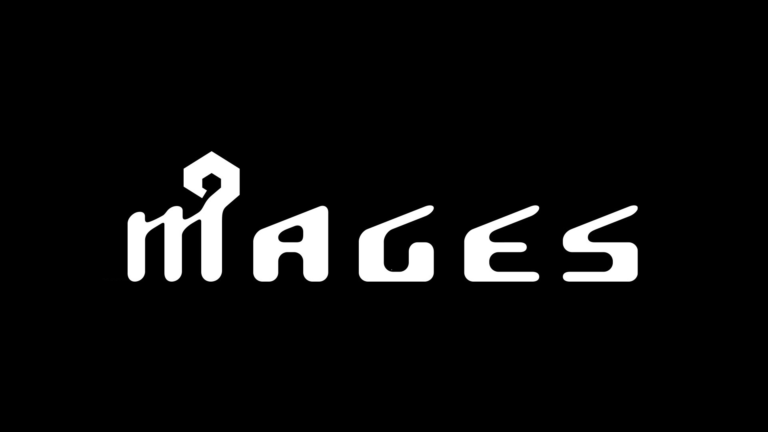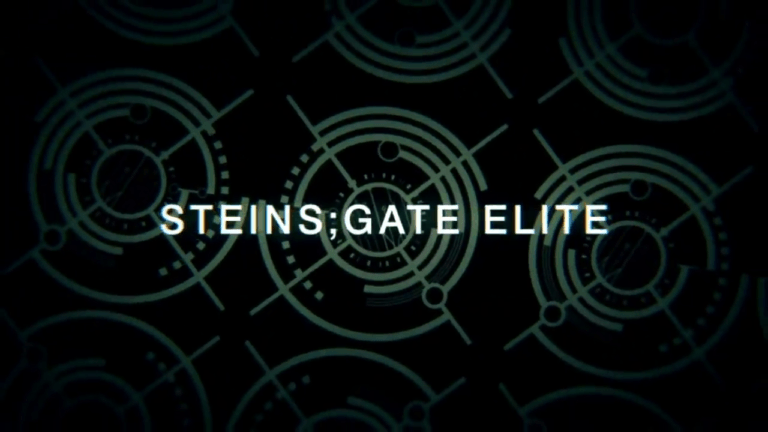MAGES. representative director Chiyomaru Shikura hosted last week a livestream on the Japanese streaming site TwitCasting, wherein he shared a number of insights related to the Science Adventure series.
A user on 2channel, under the handle name “Sister Centipede,” has produced a summary of this stream’s salient points, which we have translated for the purposes of this article. Our thanks goes out to Sister Centipede for their work.
Please note that the below information originates from a personal stream, and is not necessarily equivalent to an official statement or statements.
What’s to come for the SciADV series
- Shikura is currently thinking about 1–3 new installments in the Science Adventure series.
- These titles could take place in years as far out as 2048 and 2060.
- Shikura and the team are leaning away from creating games where, quote, “You’re the protagonist!”
- According to Shikura, to make a sequel to Steins;Gate, the story would need to be about world lines and fatalism.
- The key terms “Planck length” and “Laplace’s demon” are mentioned in relation.
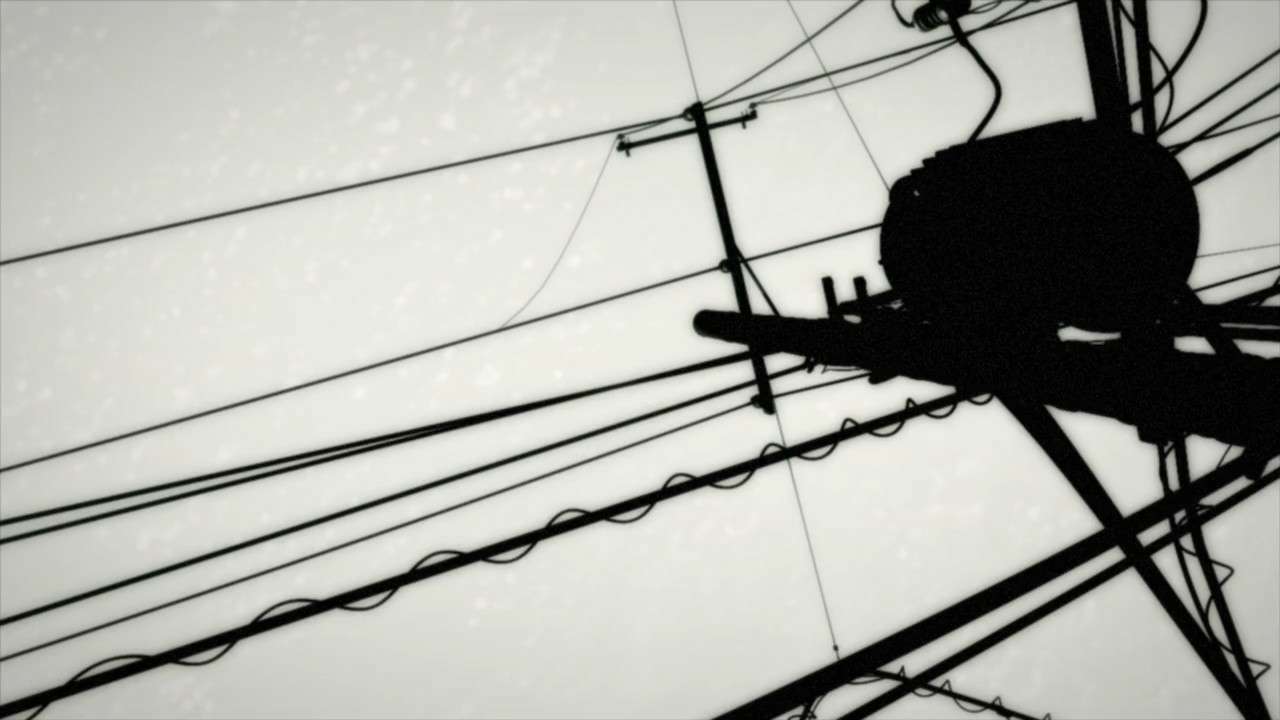
On Anonymous;Code
- The team experimented during Anonymous;Code’s development, trying to see if it would be possible to have the player themselves choose to “save the game for Pollon” at intended points in the narrative.
- [Editor’s note: Anonymous;Code, in its final release, features a unique mechanic used by the protagonist, Pollon, to “save” at certain points in the narrative—this is done without the player’s input. Pollon can later load the saves he has made to redo narrative events—the player presses a button to indicate to Pollon that he should load.
What Shikura is describing is an iteration of the game that would have also allowed the player to indicate to Pollon when he should save.]
- [Editor’s note: Anonymous;Code, in its final release, features a unique mechanic used by the protagonist, Pollon, to “save” at certain points in the narrative—this is done without the player’s input. Pollon can later load the saves he has made to redo narrative events—the player presses a button to indicate to Pollon that he should load.
- For testing purposes, the team brainstormed and developed seven different paths to absurd “Game Over”s if the player didn’t have Pollon save at a crucial moment.
- The team then tested this system in-house and with relatives. Some testers did so well that they didn’t see every Game Over.
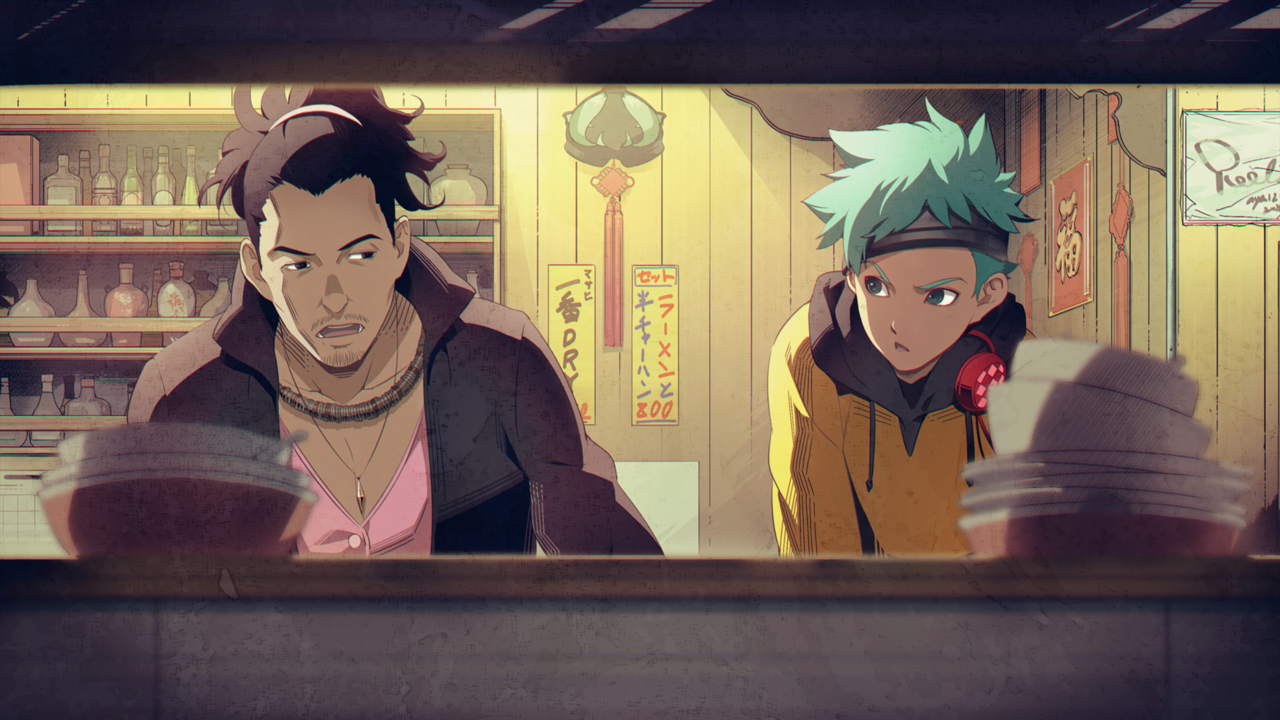
- However, Shikura encountered pushback when he proposed this system to one of the writers, who had worked on something similar for another project in the past and struggled with it.
- “Sorry! Please have Pollon save in our stead!” was their request. The fact that Pollon openly and showily saves in certain scenes is a remnant of this cut idea.
- The fuller-fledged save/load system in question would have been a challenge to implement—the sort of challenge that has never yet been fully realized. The team ultimately decided that the best path forward was with the adjusted, simpler save/load system found in the final product. The world never got to see what the original system was like.
- Shikura hints, on another note, that even if one attains every achievement Anonymous;Code has to offer, the game “still isn’t over.”
- He comments that he has yet to hear of a Japanese player who has truly completed the game.
Other tidbits
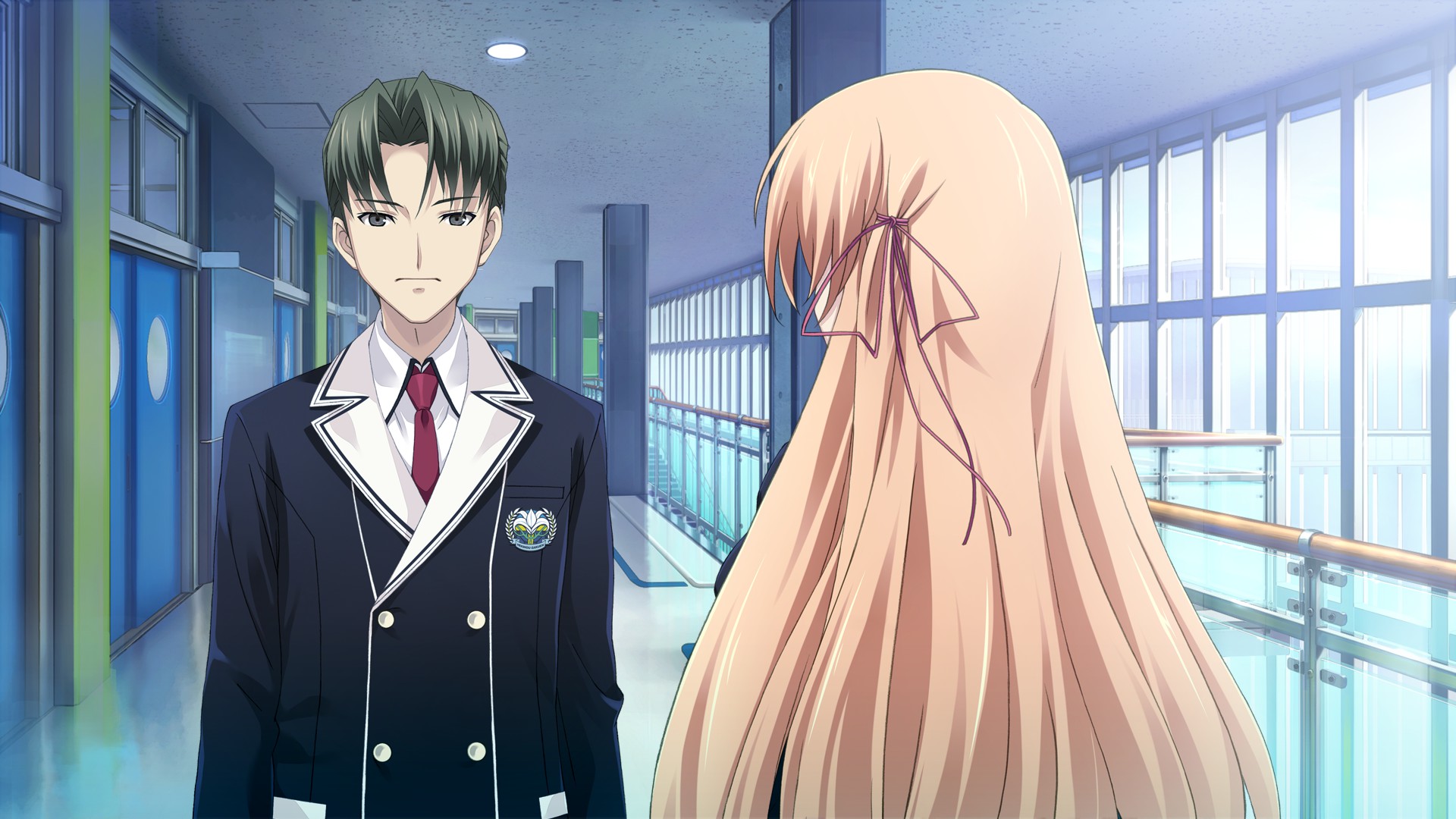

- From Chaos;Child onward, the team has made an effort to ensure their games’ characters have back sprites—sprites that show a character facing away the camera.
- In the same vein, Shikura also briefly discusses the Occultic;Nine anime adaptation’s “true birds-eye view composition.”
- The Steins;Gate sequel film, Load Region of Déjà Vu, was a story Shikura really wanted to make.
We will strive to keep you updated as more news and information arises on the Science Adventure series.
